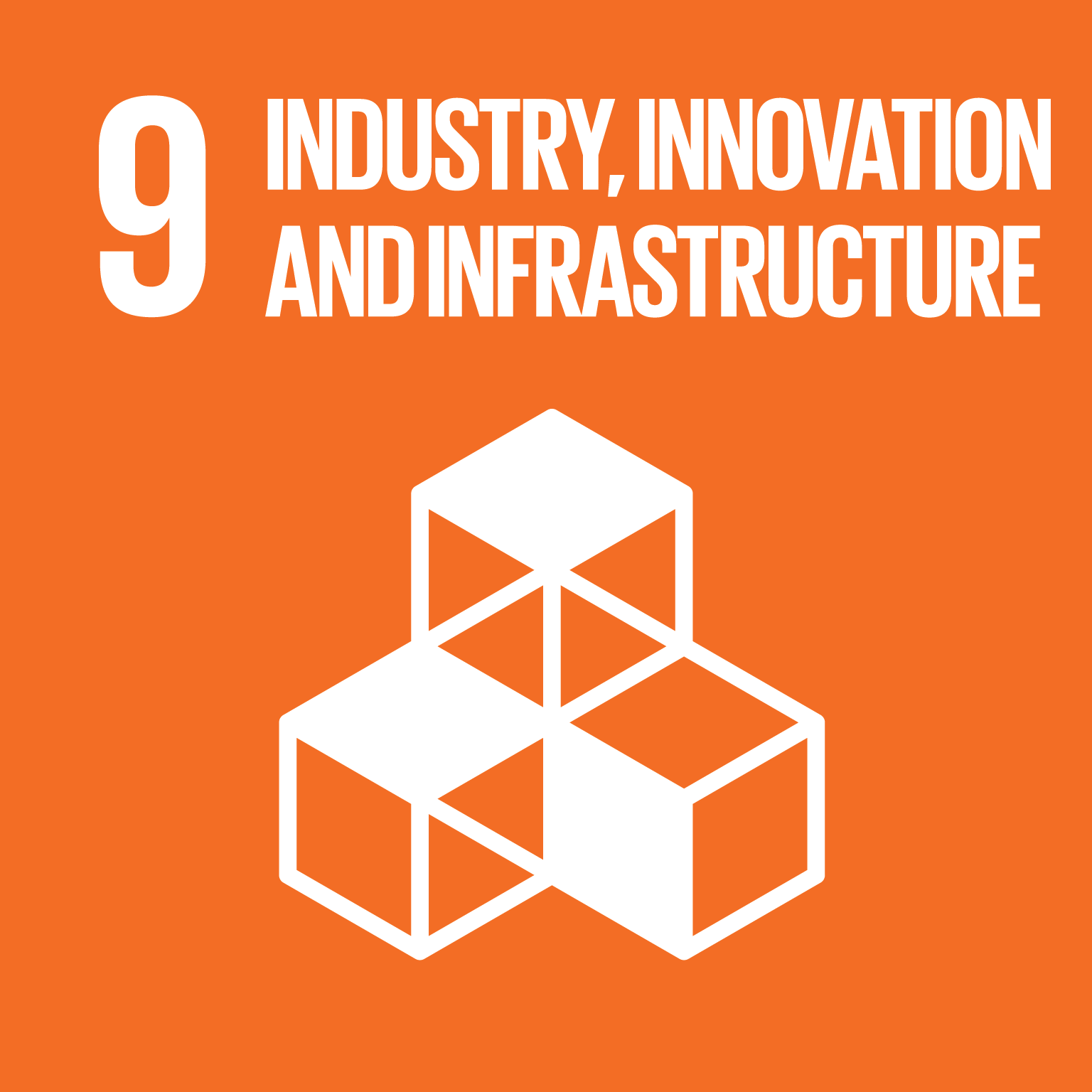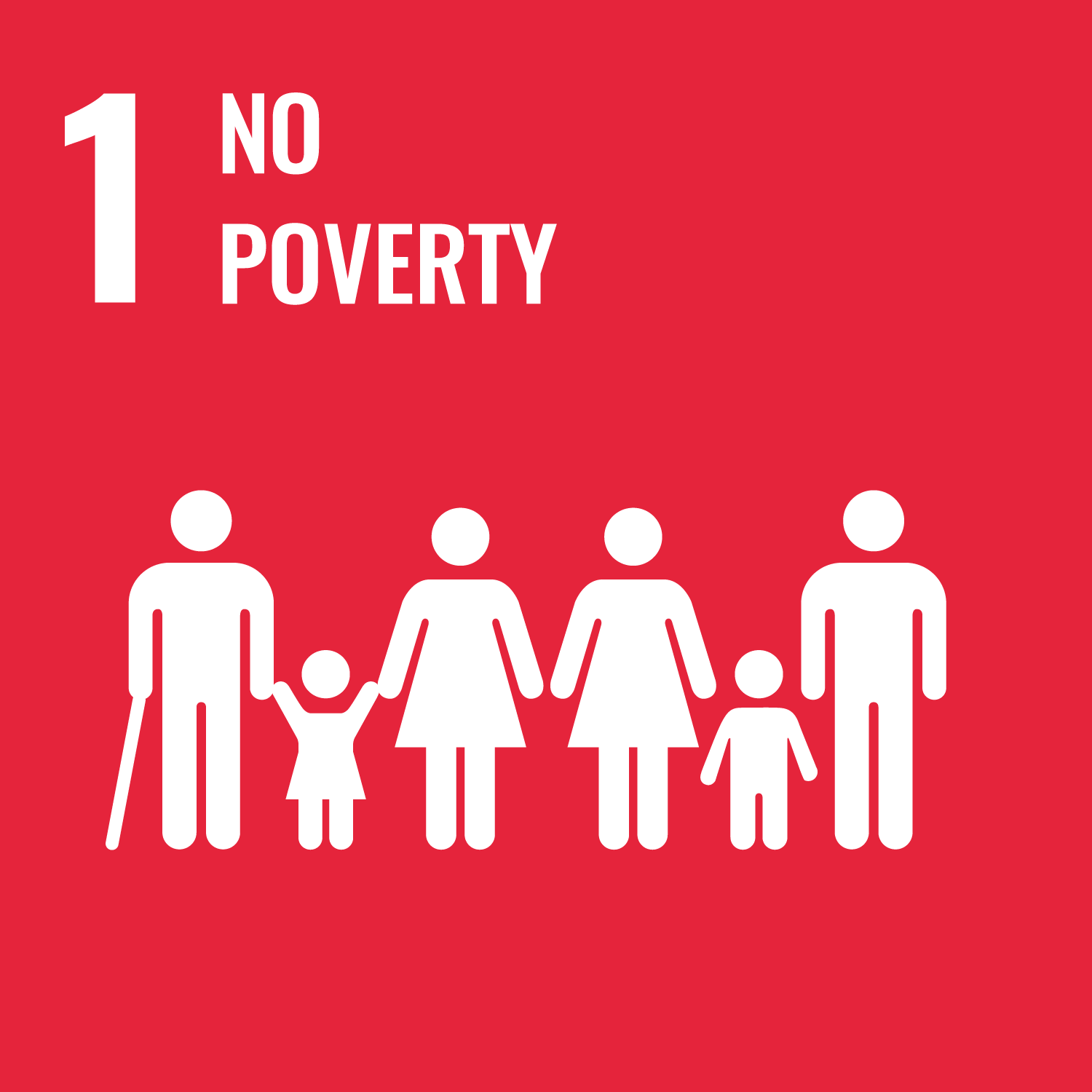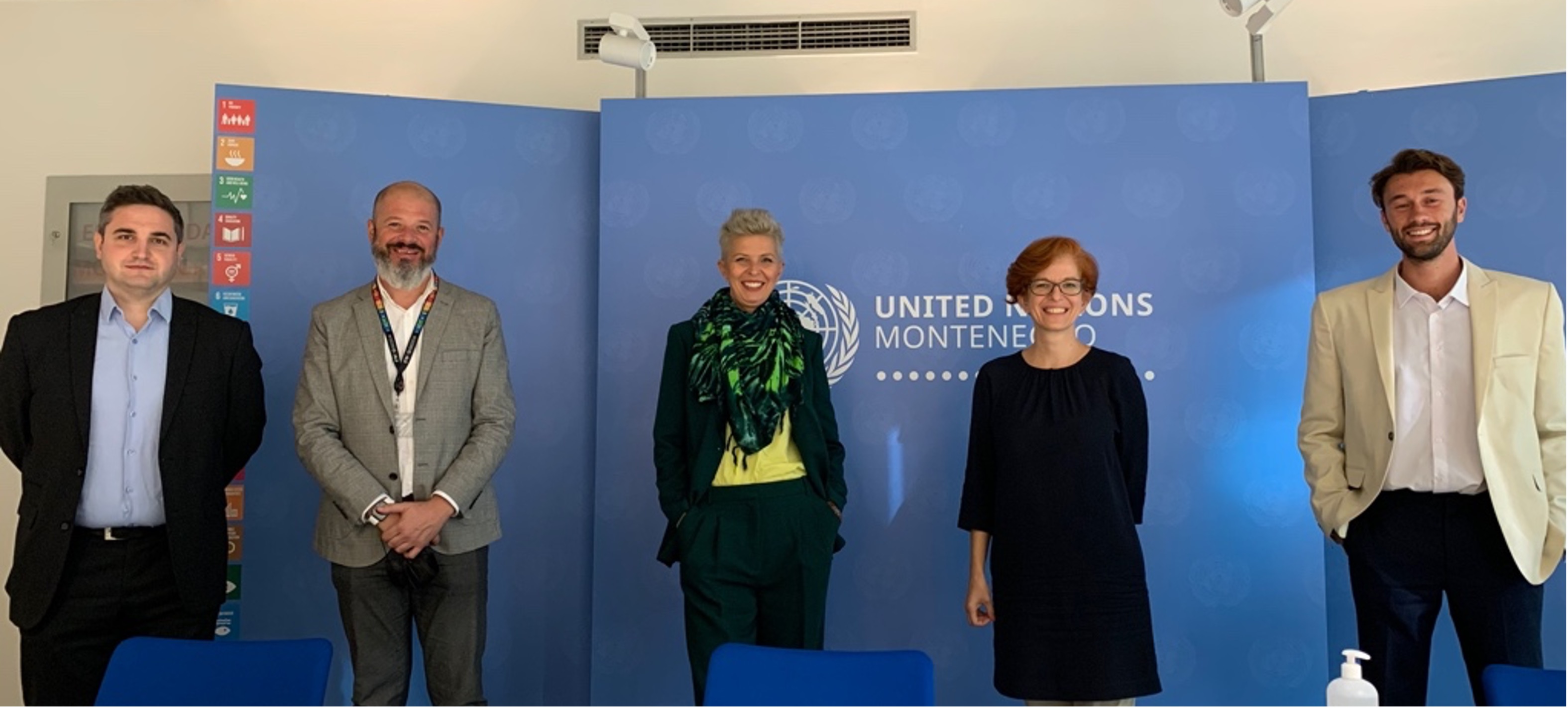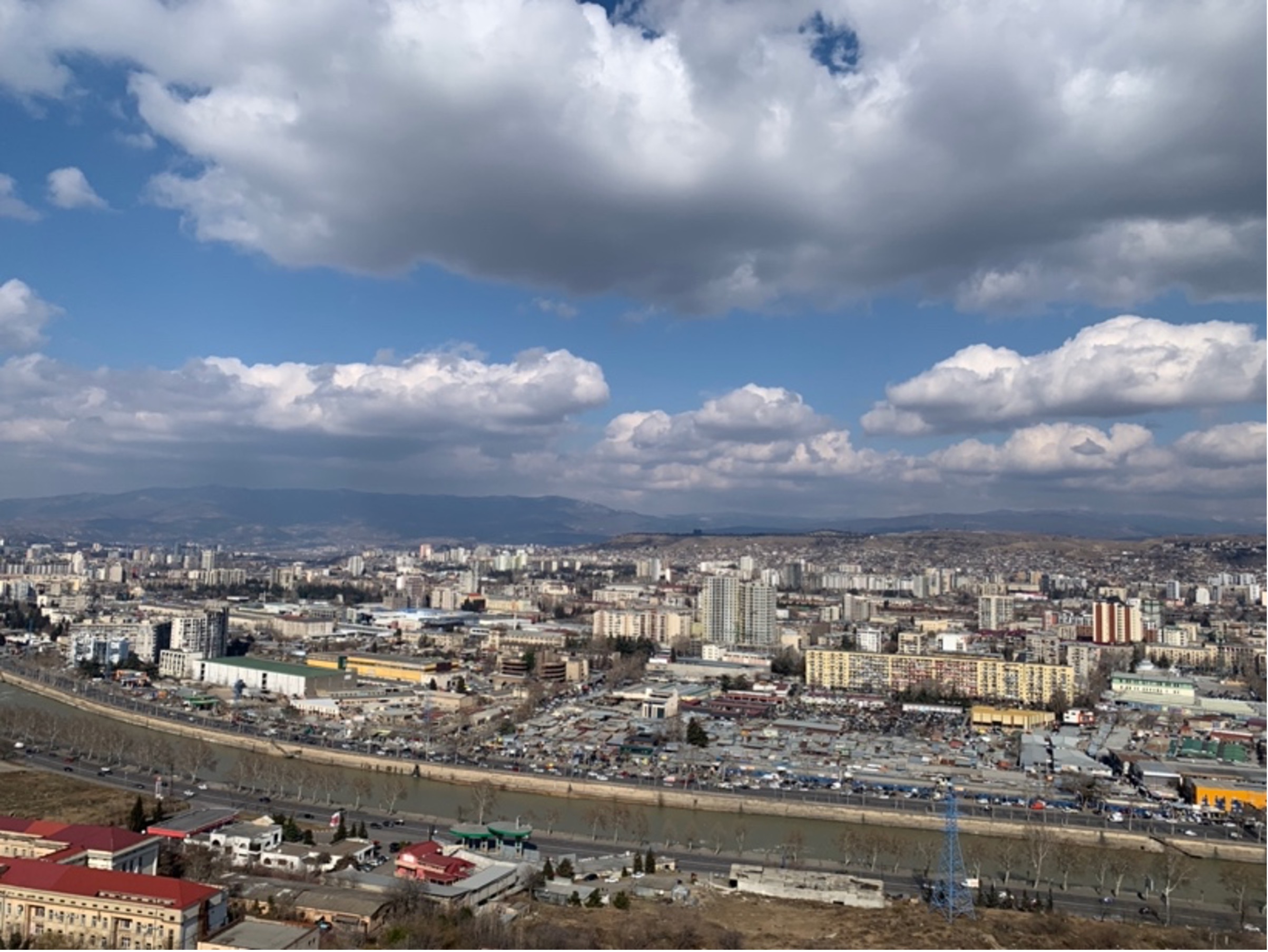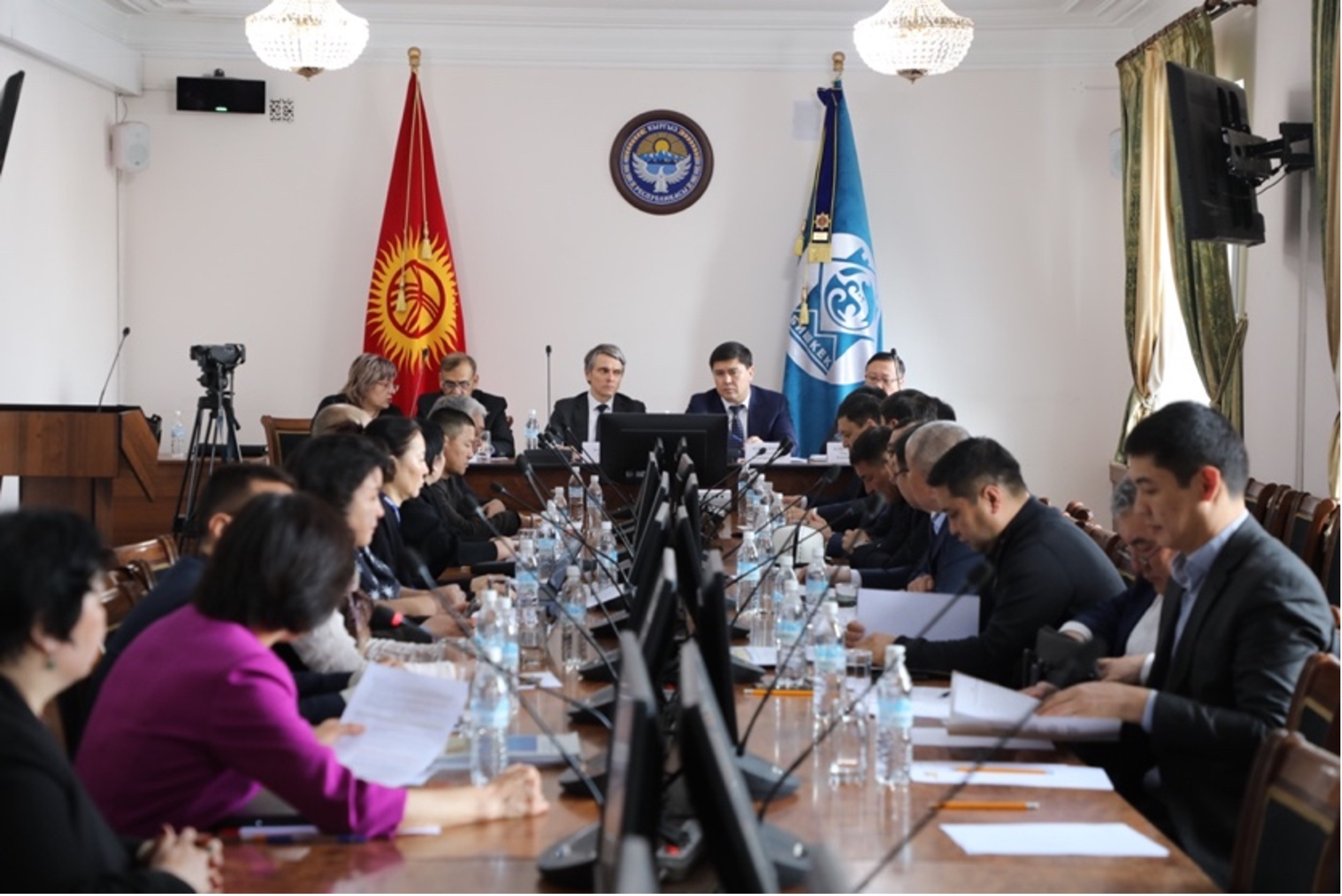Promoting Local Governments Capacities to Transition Towards People-centred, Smart, Sustainable Cities
Supporting cities in economies in transition in the national quest to be people-centred, smart and sustainable
Challenges
The five cities engaged in the cooperation are Bishkek, Kyrgyzstan; Nur-Sultan, Kazakhstan; Tbilisi, Georgia; Grodno, Belarus; and Podgorica, Montenegro. They all face similar challenges that include an insufficient capacity of city governments to develop evidence-based policies for smart sustainable development at the local level, and an insufficient capacity to facilitate funding for developing their urban infrastructure projects. These challenges prevent cities from achieving the SDGs at the local level, as they lack the local capacity to develop evidence-based policies and to facilitate funding for infrastructure projects.
Towards a Solution
The UNDA 12th tranche project on innovative financing for sustainable smart cities works with governments in four different UNECE subregions – Eastern Europe (Belarus), South-Eastern Europe (Montenegro), Caucasus (Georgia) and Central Asia (Kazakhstan and Kyrgyzstan) – to support the transitions of beneficiary countries towards smart and sustainable cities. The goal is to promote implementation of Goal 11 and other urban-related SDGs of the 2030 Agenda for Sustainable Development.
As part of the project, UNECE works to improve local capacity to develop and implement sustainable urban policies through: (i) evaluation of cities’ performance and the drafting analytical smart sustainable cities profiles; (ii) capacity-building activities to promote evidence-based policies and vertical and horizontal coordination among different government agencies, with the participation of the cities’ public; (iii) policy to support city governments in acquiring funding to support smart sustainable cities projects.
The project supports the development of the smart sustainable cities profiles through the application of the UNECE/ITU Key Performance Indicators for Smart Sustainable Cities (KPIs for SSC), a United Nations standard developed by UNECE and ITU in 2015. The KPIs for SSC consist of 91 indicators at the intersection of three dimensions of sustainability (economy, environment, and society and culture) and information and communication technologies. The cities performance is evaluated against the indicators;based on the evaluation, cities profiles are developed which include concrete policy recommendations to the cities, including for concrete urban infrastructure projects. Following the development of the cities profiles, UNECE organizes capacity building activities for the local governments to promote their capacity on evidence-based urban policies, including on urban data collection, analysis and use of the data in the decision-making.
The project also supports cities with policy advice and capacity building for raising external funding to support urban infrastructure projects. For instance, in Bishkek, Kyrgyzstan, based recommendations of the city smart sustainable city profile, a key priority for funding was identified: improvement of the informal settlements which are part of the city. Following that, UNECE has conducted a survey to map the informal settlements and then partnered with the Cities Development Initiative for Asia (CDIA) to design a pre-feasibility study aimed at the integrated upgrading of five informal settlements and for job creation. As the CDIA is working on the pre-feasibility study during 2022, UNECE is engaged to mobilize partnerships with international financial institutions capable to finance the upgrading of informal settlements beyond the pre-feasibility study phase.
In Podgorica, Montenegro, UNECE supported the preparation of a report on “Formalizing the Informal: Challenges and Opportunities of Informal Settlements in South-East Europe” which contains an analysis of the challenges of informal settlements in the city. A concrete policy package, an investment programme or an action plan at city level will be developed by the local government with the support of UNECE to promote smart sustainable urban development.
In Tbilisi, Georgia, in June 2019, UNECE organized a joint training workshop with the Government of Tbilisi, Georgia – namely, the Ministry of Regional Development and Infrastructure, the Ministry of Economy and Sustainable Development and the Georgian Land Registry – on evidence-based housing and urban policies and sustainable infrastructure. As a result, the partners have agreed to develop a joint initiative on urban planning of housing and infrastructure in cities.
The project uses a participatory approach. Through local workshops with the engagement of local stakeholders and in cooperation with the relevant central government institutions, the project is creating a vision for smart sustainable urban development in the five pilot cities.
The project supports innovative approaches and digital transformation in countries with economies in transition, through the growing use of e-government, e-governance, e-participation and e-inclusion that has been driven by digitalization.
To ensure project sustainability, UNECE engages regularly with the local authorities through weekly meetings with city governments thereby ensuring continuity, knowledge transfer and sustainable capacity-building.
Contact Information
Ms. Gulnara Roll, Regional Advisor, Forests, Land and Housing Division, UNECE
Countries involved
Belarus, Georgia, Kazakhstan, Kyrgyzstan, Montenegro
Nominated By
United Nations Economic Commission for Europe (UNECE)
Supported By
United Nations Development Account (UNDA)
Implementing Entities
United Nations Economic Commission for Europe (UNECE)
Project Status
Completed
Project Period
1/2020 - 3/2022
URL of the practice
https://unece.org/housing/innovativefinancing-sustainablesmartcitiesPrimary SDG
11 - Sustainable Cities and Communities
Secondary SDGs
03 - Good Health and Well-being, 06 - Clean Water and Sanitation, 07 - Affordable and Clean Energy
Primary SDG Targets
11.1 11.3Similar Solutions


